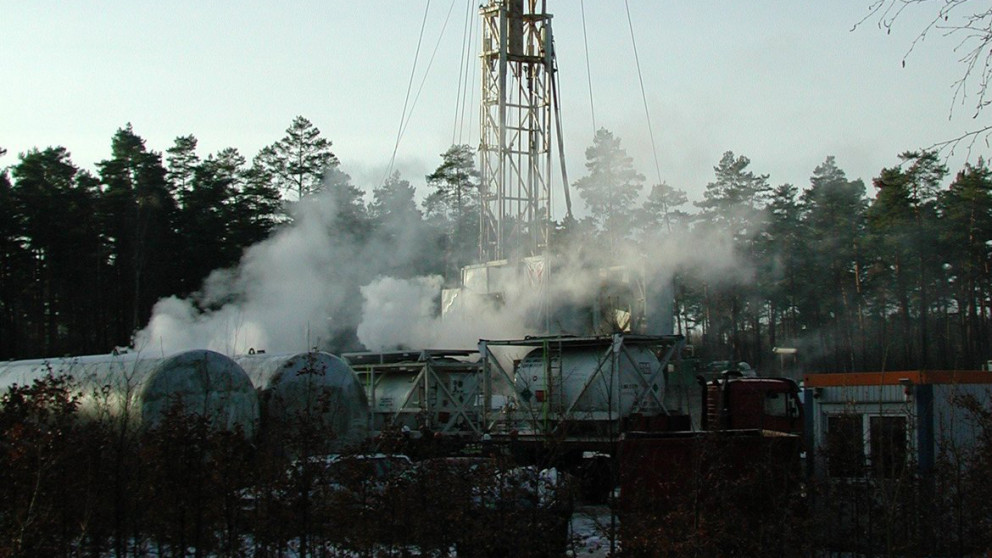Geothermal Energy and Storage in Regional Heat Planning: Barriers, Opportunities and Stakeholder Perspectives in Comparative Case Studies
Duration

Germany's heat transition is still at an early stage. Today, over 80 percent of heat generation relies on fossil fuels. To meet the 2030 climate targets and achieve net zero by 2045, the heating sector must be rapidly decarbonised. In this project, RIFS researchers are analysing the drivers and obstacles to the heat transition in in four municipalities, two in Brandenburg and two in Baden-Württemberg.
There is no one-size-fits-all solution. The move from fossil fuels to renewable energy is shaped by local conditions, both social and technological. Municipalities play a central role: they are responsible for drawing up local heat plans that align with Germany's ambitious climate goals and for putting these plans into action. Against this backdrop, RIFS researchers are investigating the following questions in this project:
- What is the status of the heat transition in the different local authorities?
- What are the biggest challenges for the local authorities?
- To what extent are local communities involved in decision-making?
- Which technologies are being prioritised?
- How important is geothermal energy, especially geothermal storage?
To answer these questions, researchers are conducting expert interviews and qualitative content analyses. Their comparative study will provide insights into the drivers and obstacles to the heat transition in local contexts